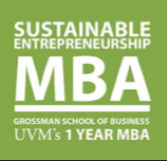











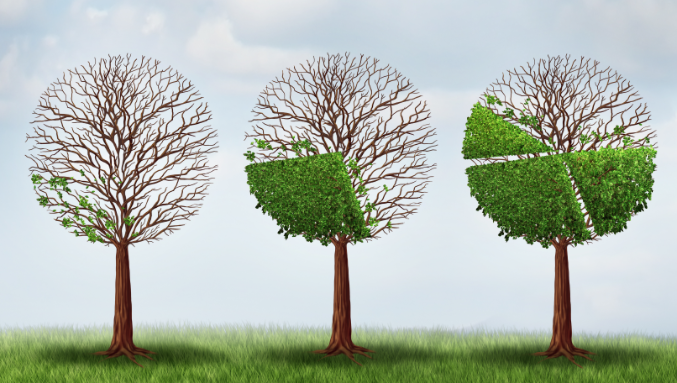



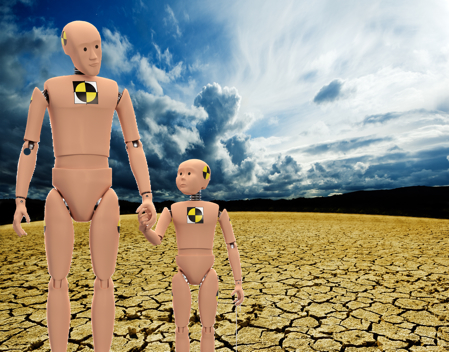
How do profit-seeking companies listen to the Voice of the Planet? As my colleague, Sanjay Sharma and I suggest, start by drawing a clear distinction between "core" stakeholders--those visible and readily identifiable parties (like current customers and suppliers) with a stake in the firm's existing operations--and "fringe," or peripheral stakeholders. Core stakeholders encourage us only to continuously improve what we already do. Yet, answering the question of our time calls for disruptive, leapfrog innovation, which requires divergent thinking. This means reversing the traditional stakeholder management model by learning to actively engage previously excluded voices from the fringe-- the rural poor, urban slum dwellers, and advocates for nature's rights, just to name a few.
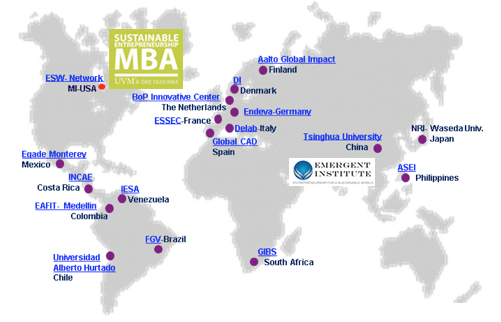
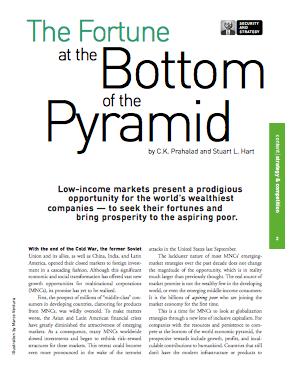 It has now been more than a decade since C.K. Prahalad and I first published the article "The Fortune at the Bottom of thePyramid" which launched the "BoP" business movement. Over the past decade, there have been fits and starts: many BoP ventures have failed; others have been converted to philanthropic programs; but only a few have taken root and gathered significant commercial momentum.
It has now been more than a decade since C.K. Prahalad and I first published the article "The Fortune at the Bottom of thePyramid" which launched the "BoP" business movement. Over the past decade, there have been fits and starts: many BoP ventures have failed; others have been converted to philanthropic programs; but only a few have taken root and gathered significant commercial momentum.
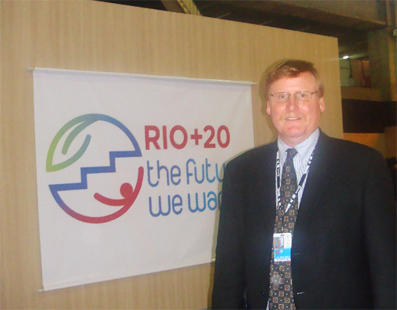


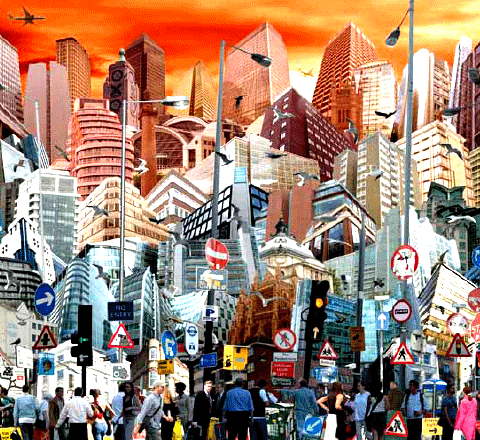
We accept it almost without question—prognostications about the future which begin with the phrae: “if present trends continue…” Extrapolating present trends into the future has become a stock technique for both those on the political left (e.g. “if present trends continue, the gap between rich and poor will continue to widen”) and on the right (e.g. if present trends continue, GDP will double again within the decade”).
Consider the following trend: China consumed more energy in the past ten years than it did in its entire history, spanning thousands of years. The vast majority of this energy was in the form of fossil fuels. If this trend in energy consumption continues, then by 2020, China would consume virtually all of the oil currently produced for export in the world today. And, by 2030, China’s oil consumption would exceed today’s total global production of petroleum. What is the likelihood that this trend continues?
Even if we set aside the obvious implications of this trend for climate change and assume that the world embarks on the all-out development of unconventional oil reserves (in the form of shale oil and tight oil), to compensate for the now declining world production of conventional oil, it is not clear that production could be ramped up at a sufficient pace to meet this exponentially rising demand.
It is important to note that similar projections of current trends into the future are commonplace in virtually every domain, including the production of food, consumption of water, and emission of greenhouse gases into the atmosphere. The reality, however, is this: it is highly unlikely that any of the current trends in the world can or will continue into the future for very long.
Nor should we expect them to. History is filled with game-changing discoveries and events that fundamentally alter the trajectory of society and civilization. Consider for a moment how future projections for energy and food production appeared in the 1890s, just prior to the explosive growth of the oil industry, automobile industry, and the rise of mechanized agriculture. No one could have anticipated how radically the world would change in a relatively short period of time.
So expect a very bumpy and exciting ride over the next decade or two. Nothing will stay the same. We are approaching a time of unprecedented turbulence, change…and opportunity.
Schumpetarian creative destruction will reign supreme. Many incumbents will fall, and entirely new industries will be born. An age of entrepreneurship on a scale that we cannot yet imagine is about to be unleased.
There is only one trend that we can really count on: Present trends will not continue.
